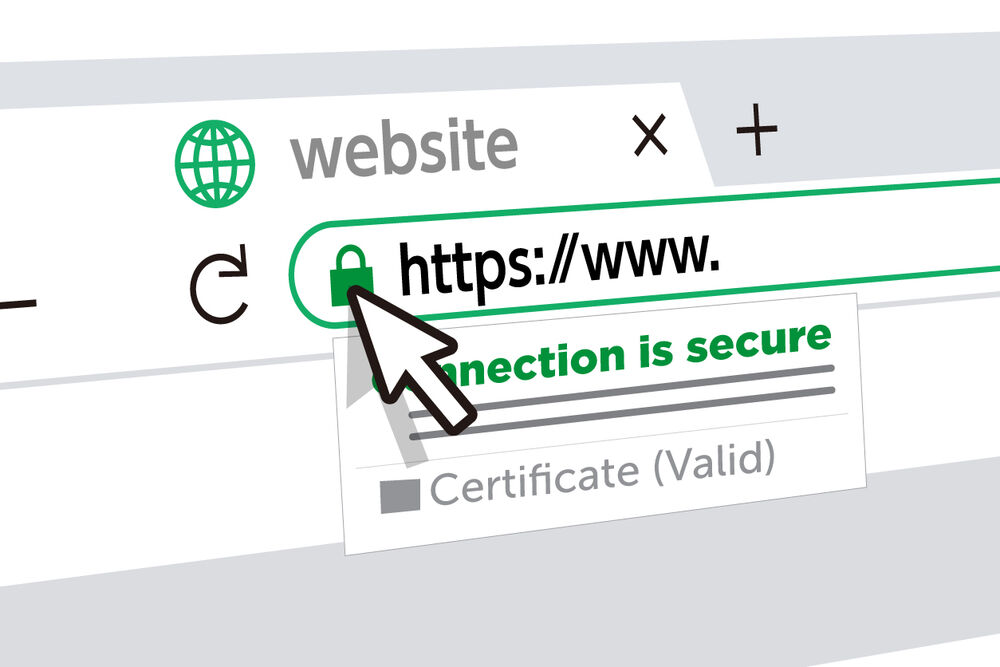SSL or TLS Certificates allow websites to run smoothly without the threat of hackers stealing identities and other sensitive information. Depending on your needs, there are various options available for website owners:
- Domain Validation (DV);
- Organization Validation (OV); and
- Extended Validation (EV).
The Different Types of TLS/SSL Certificates
Domain Validated (DV) Certificates
During the initial stages of TLS certification, website owners could only opt for OV certificates, which cut out websites, like personal websites, that wanted to have encryption but did not meet the requirements of an OV certificate. Hence, DV certificates were created. DV certificates regulate an applicant’s use of a certain domain name. These certificates provide a reliable base-level encryption and the process of applying for a DV is automated and can be issued almost immediately.
Organization Validation (OV) Certificates
OV certificates go through more vetting than DV certificates. The requirements in OV certificates are domain control, the organization name, city, state, and country. OV certificates exhibit both security and value, making them a good option for businesses on a budget.
Extended Validation (EV) Certificates
Just like OV certificates, EV certificates also require organizational information, but with added public registration information. As expected, EV certificates tend to be pricier than their DV and OV counterparts. But what you get in exchange is heightened website credibility and trustworthiness for having an EV certificate.
What TLS/SSL Certificate Does My Website Need?
Choosing the suitable certificate can be confusing with the amount of options available. We will go through some common use cases for each certificate. Do note that these use cases are a guide, and opting for a higher level certificate is always an option and will only increase consumer trust.
If you own a website that doesn’t collect any user data, such as a blog, portfolio, or a personal website, opting for a DV certificate may be the best choice for you. Since DV certificates meet the requirements for website encryption, for websites that function without gathering sensitive data or customer data, this would suffice. Google has also been recently pushing website owners to switch to HTTPS, opting for such encryption will help your website rank high in Google search.
On the other hand, if you work in a corporation, the government, and other entities that require an extra layer of trust and security for your visitors, opting for an OV certificate may be the best option for your website. As data and sensitive information will be passed through the website, such entities often need to provide greater assurance to users. Thus, with the increased level of vetting, OV certificates are a greater symbol of trust and security for just a little bit more coin.
Lastly, for large scale corporations and e-commerce websites, EV certificates may be the best option as it has the highest level of vetting and identity verification among the 3 options. EV certificates help your site visitors have the peace of mind to give not only their personal details but also their payment information on your website. This rigorous validation process takes the most time among the three, but it is also the reason why EV certificates provide the most reliability and assurance.
GlobalSign offers a cost-effective range of TLS/SSL options—from DV to EV—ensuring your public servers and sites are in line with industry best practices, but also offers options for internal servers and special use cases. You may visit our official website for more details, or check out our free guide to help you get started on learning what TLS can do for your online brand.







